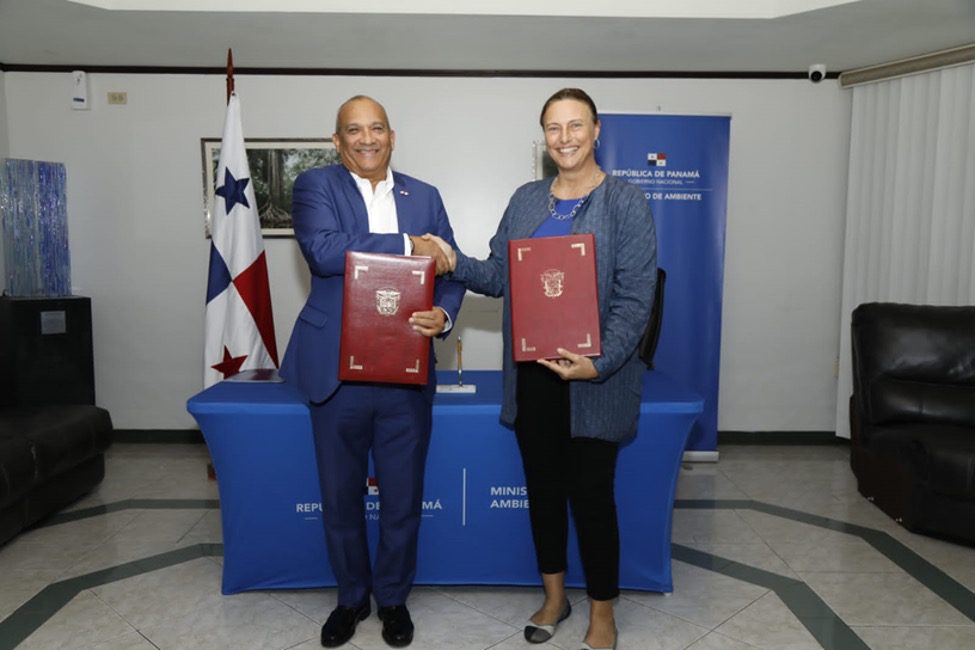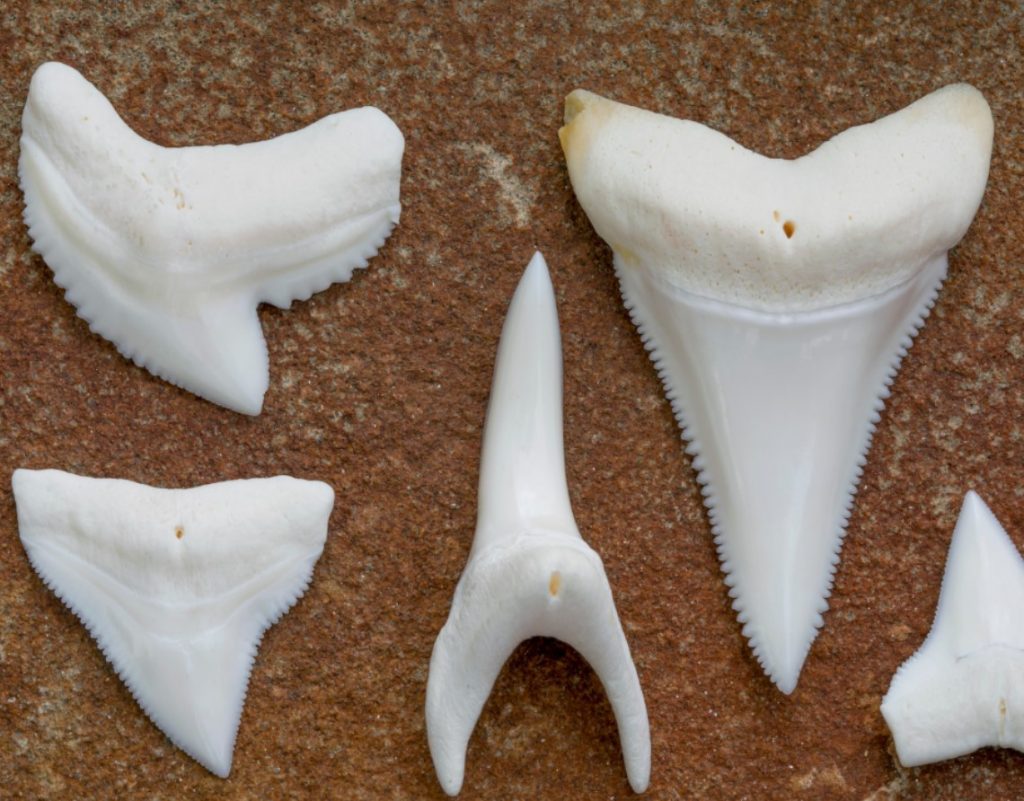MarAlliance signs an agreement with Panama’s Ministry of Environment to work collaboratively towards marine conservation.

After five years of hard work in the conservation of marine life in Panama, last month we announced the signing of an agreement with the country’s Ministry of Environment to develop cooperative activities in various areas of research, training, and marine conservation. This agreement is focused on the protection of threatened marine megafauna, specifically sharks, rays, piscivorous fish, sea turtles, and associated marine ecosystems.
Monitoring marine megafauna in Panama is a fundamental part of our conservation work in the country. We have generated influential data, including population estimates for sharks, rays, and scale fish to provide evidence to support megafauna protection and relevant legislation. We also work with fishermen to monitor wildlife at sites around Panama’s marine protected areas.
In 2022, thanks to the collaboration with fishermen we managed to make more than 35,000 marine wildlife records in Panama. In addition, we have conducted training with the endorsement of the Panamanian Ministry of Education for teachers in the Guna Yala comarca and have trained fellow Guna in a methodology for underwater monitoring of coral reefs.

The cooperation agreement between MarAlliance and the Ministry of Environment will allow both entities to work together to achieve better knowledge and apply innovative methodologies. MarAlliance will provide MIAMBIENTE with technical-scientific support and use of its equipment and will transfer knowledge in training and capacity building of equipment and methodologies. We will also collaborate in the creation of environmental education and outreach materials for projects.
The signing of this agreement aims to protect threatened marine megafauna and associated marine ecosystems. We will continue to monitor marine wildlife in Panama and collaborate with the Ministry of Environment in the creation of environmental education and outreach materials for projects. We hope that this cooperation agreement will contribute to the conservation of the country’s marine biodiversity and improve the quality of life of coastal communities.



